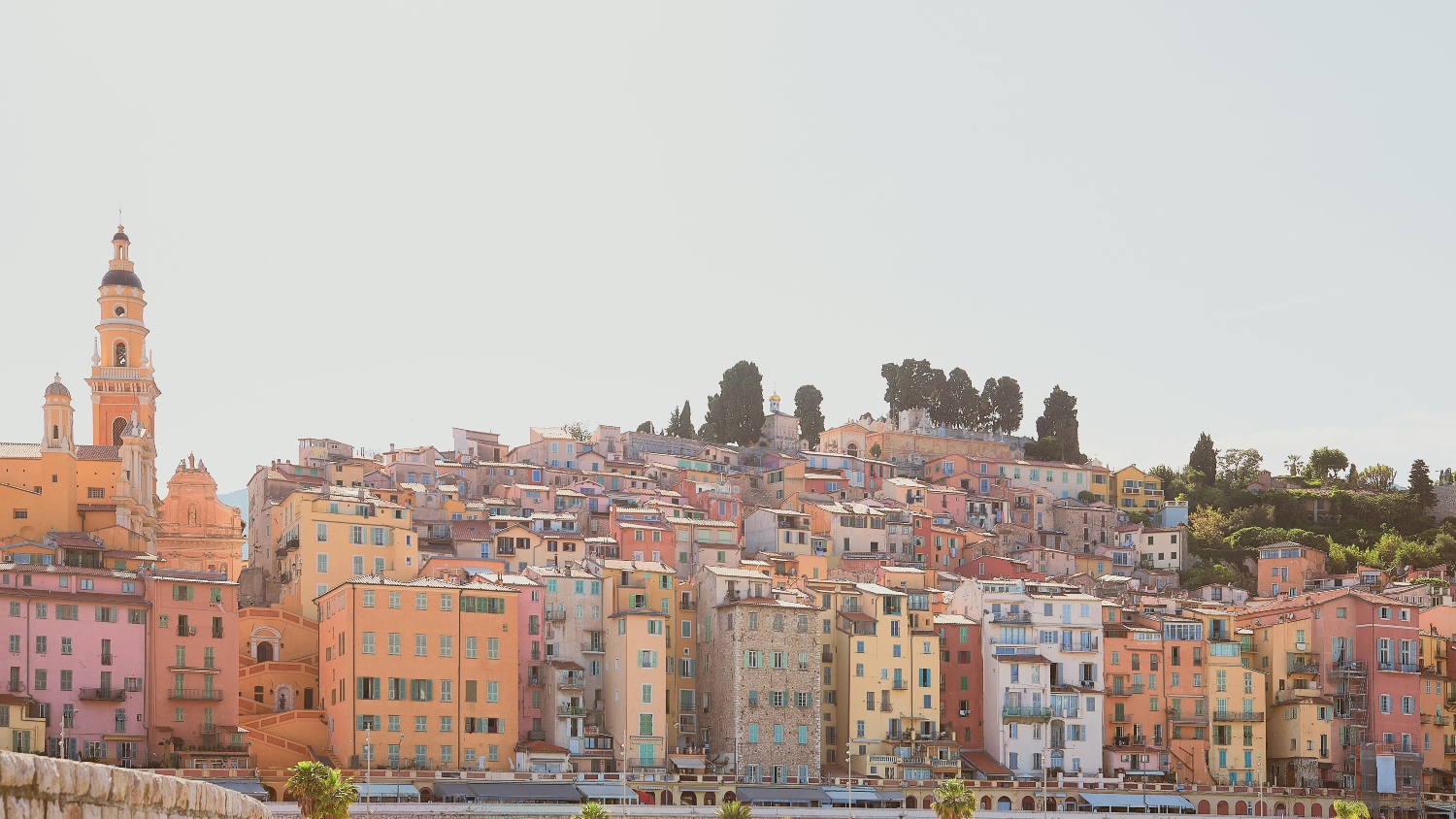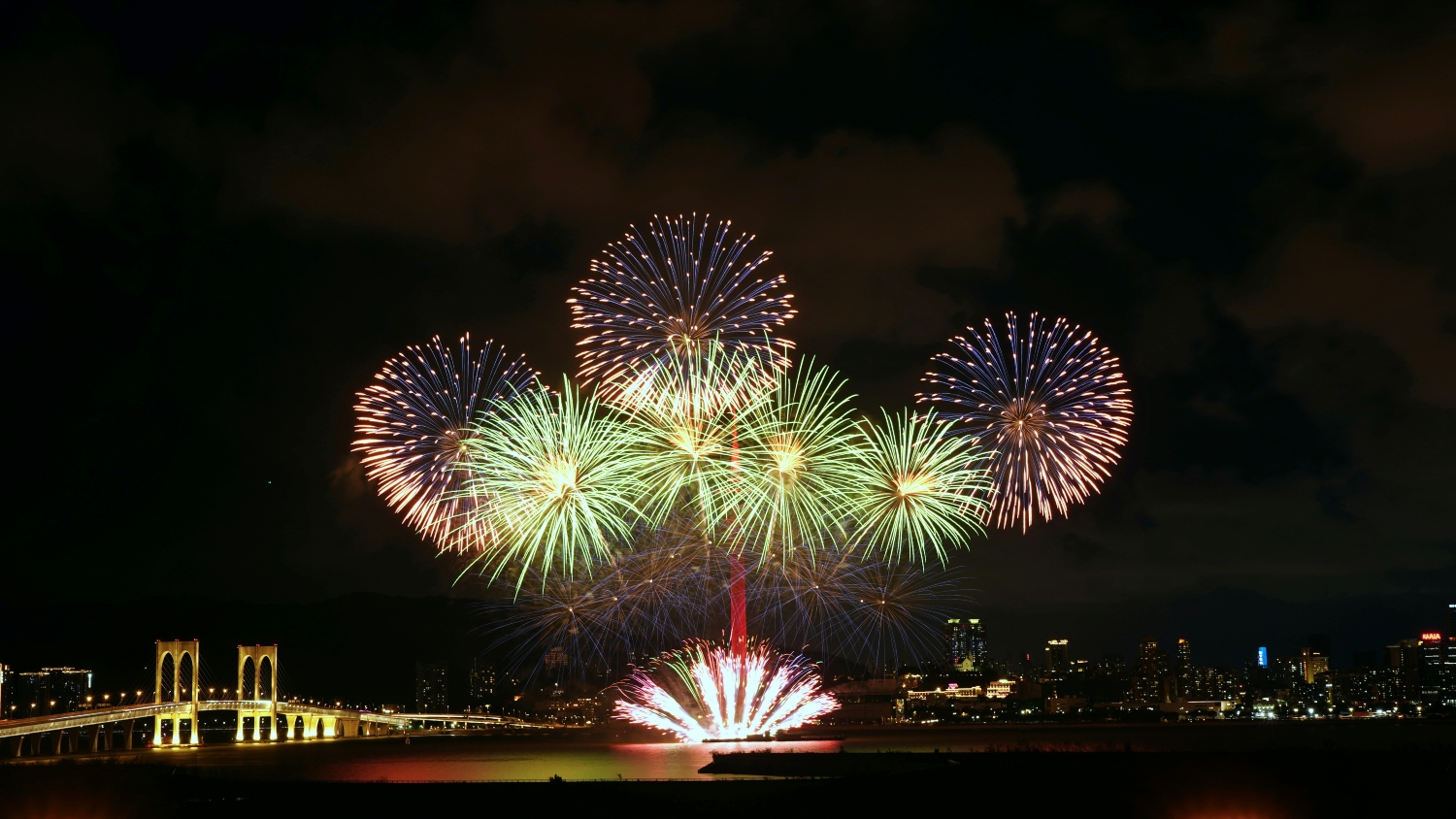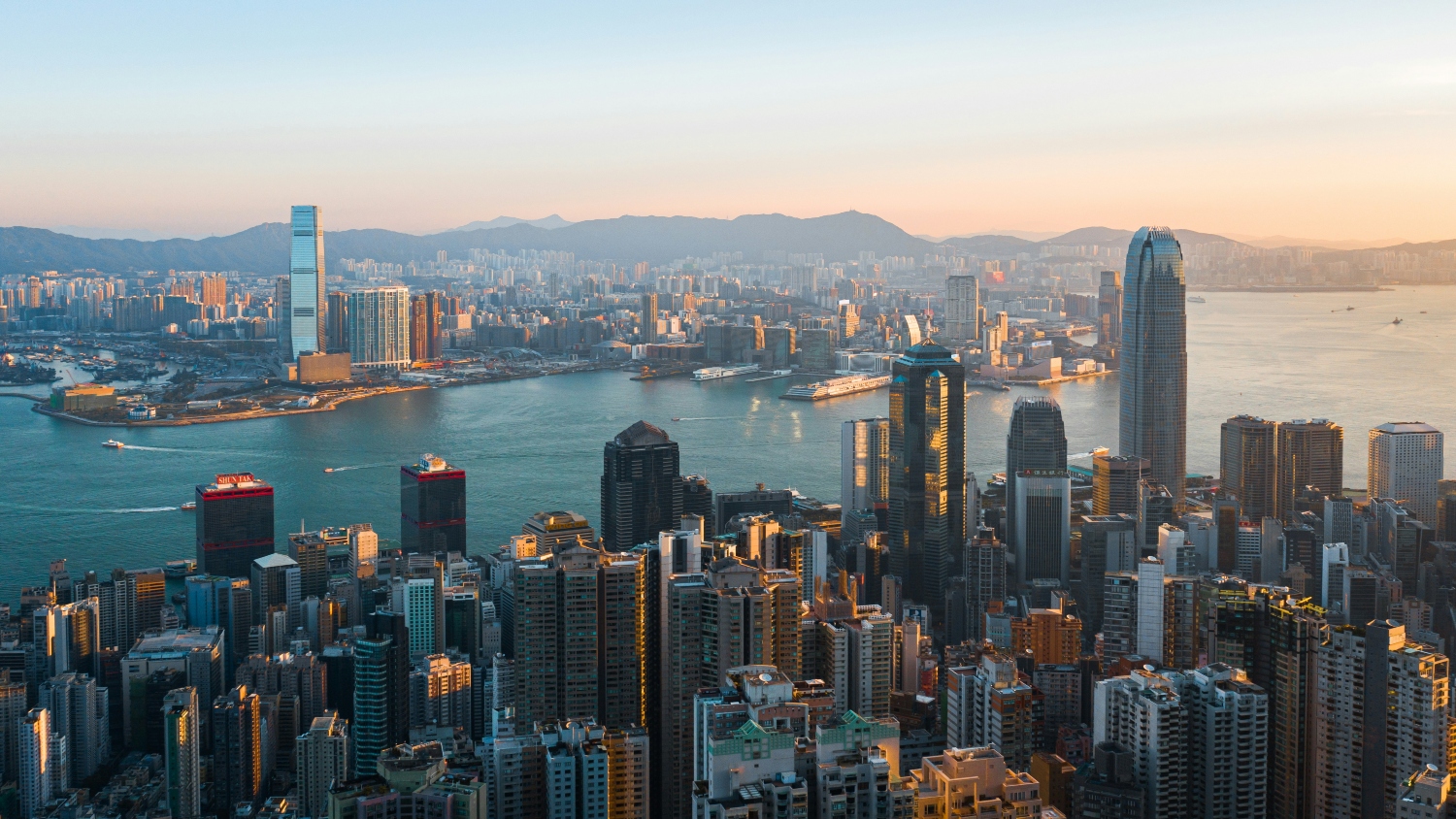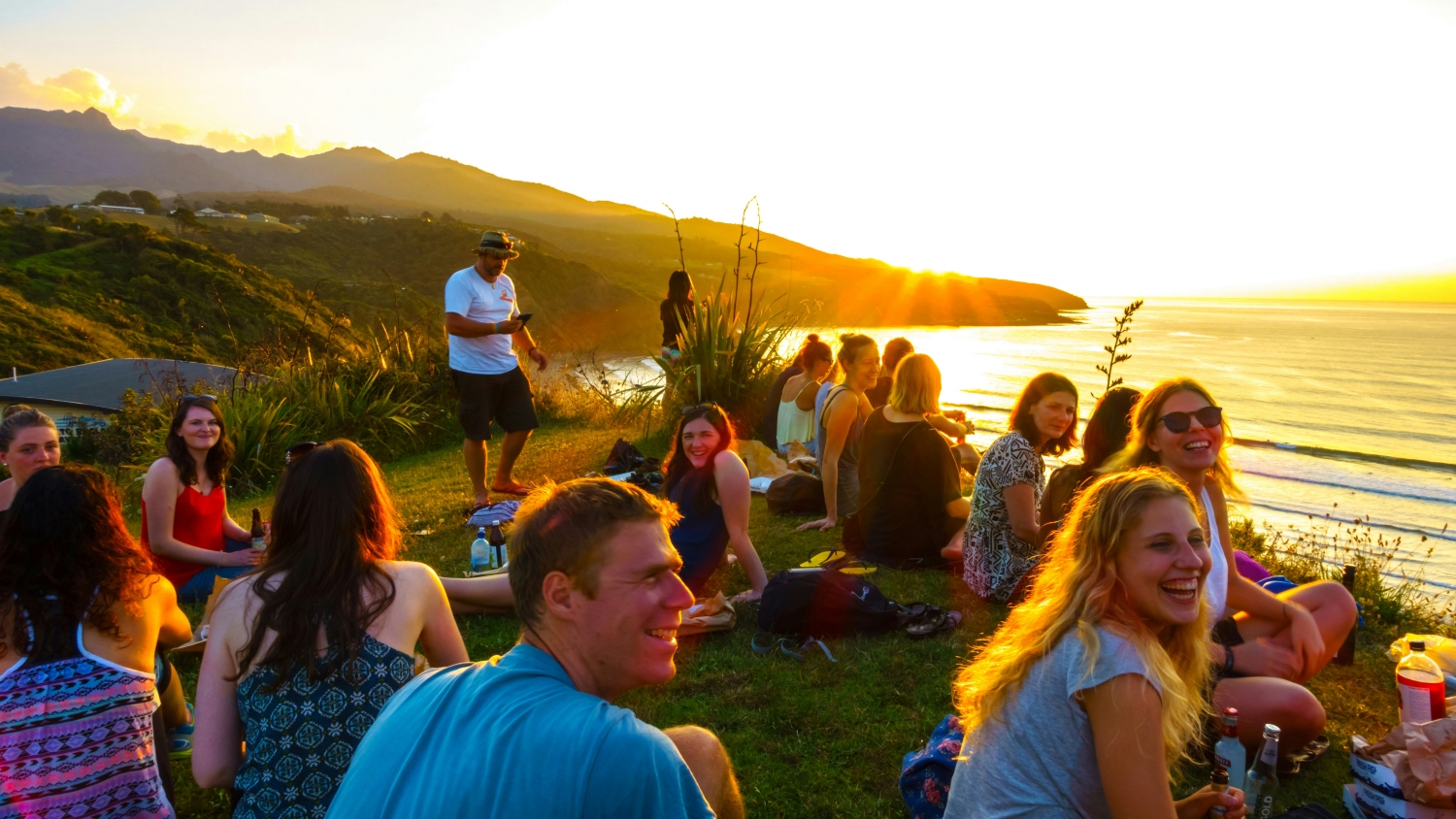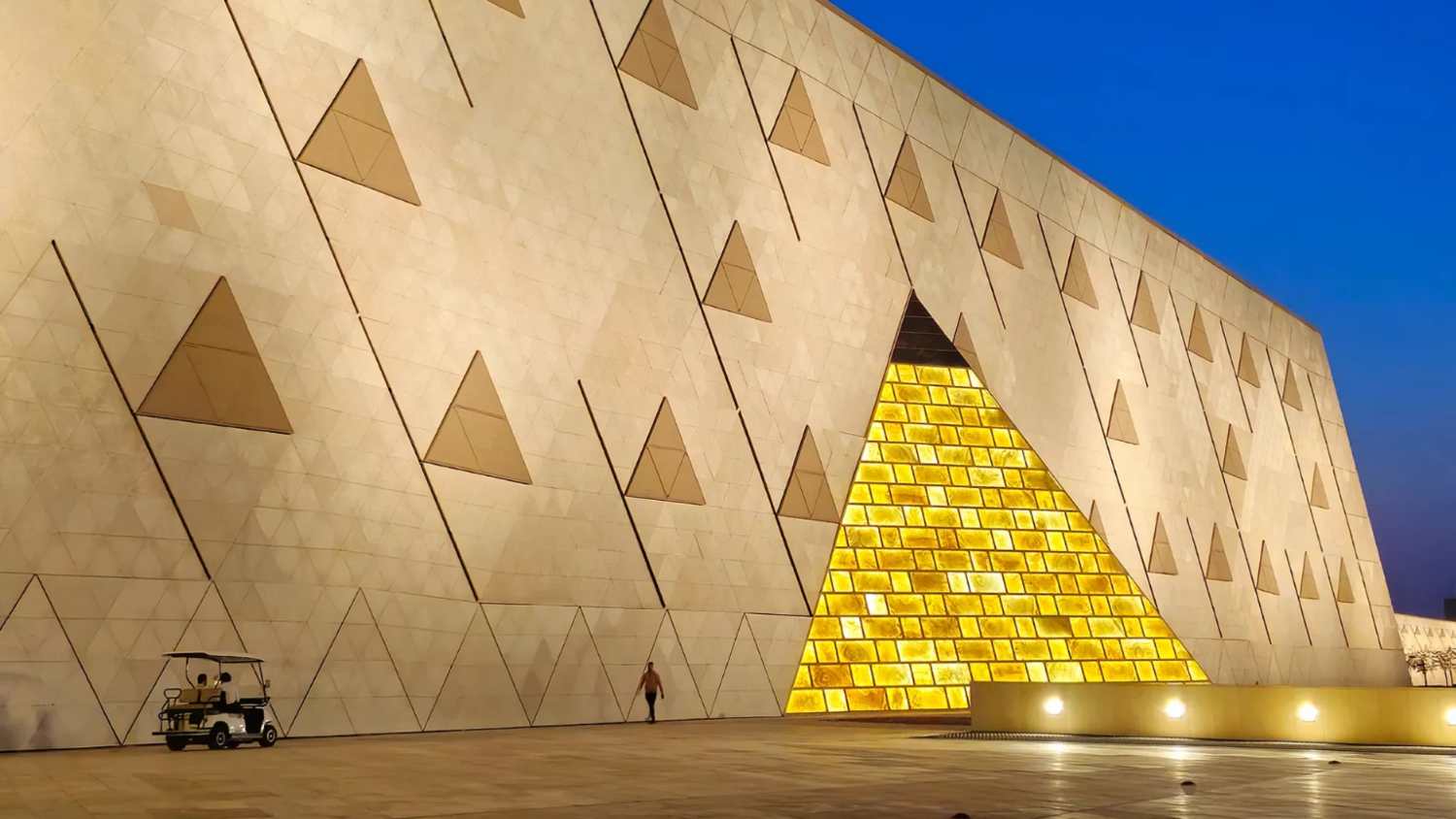Every year, hundreds of thousands of tourists make their way to Thailand for the annual Songkran festival in April for a splashing good time – it is, after all, dubbed as the world’s biggest water fight. For the locals, however, it marks the start of the traditional Thai New Year, right after the rice harvest season. As such, it’s officially a three-day holiday in the country from 13 to 15 April, but celebrations occur throughout the month across various cities in Thailand. In late 2023, it was even recognised on UNESCO’s Intangible Cultural Heritage of Humanity List.
From getting hosed down to splashed by buckets of water to being targeted by super soakers, what exactly is the significance of the Songkran festival? Read on to discover its origins, where to celebrate it, and tips for those keen to participate in this wet and wild celebration.
Origins
‘Songkran’ comes from the Sanskrit word ‘saṃkrānti’, which roughly translates to ‘passage of the sun’ or ‘astrological passage’. It refers to the sun’s movement into the Aries constellation, the first of the twelve zodiac signs, marking the traditional start of the new year.

Symbolism of Water Fights
Prior to the famed water fights off the streets of Bangkok, Songkran was a time for Thais to spring clean, reunite with loved ones for the holidays, and pay homage to their ancestors. They would visit Buddhist temples with food offerings and participate in the monks’ preachings. Next, they would perform Song Nam Phra, the ritual of sprinkling clean or scented water over Buddha statues as a symbol of purification – to cleanse away the past year and be renewed. Within families, the younger members would pour water on the hands of their elders as a sign of respect and to receive blessings for the new year. This is known as the Rod Nam Dum Hua ceremony.
Over time, these traditional Songkran rituals remain but the act of water cleansing has also evolved into playful water fights with water guns of all sizes, street parties with DJs and live music, and vibrant food stalls. The result is a lively festive atmosphere filled with unity, joy and the satisfaction of getting cooled off during one of the hottest seasons in Thailand. Not to mention, there’s no harm in getting a little help in washing away any bad luck or negativity while you’re at it.
View this post on Instagram
Where to Celebrate
Bangkok may host one of the biggest festivals for Songkran, but you’ll find equally phenomenal celebrations in popular destinations such as Phuket, Chiang Mai and Pattaya. Every location caters to the uniqueness of its locale, especially those by the beach for a grand combination of sun, sea and sand.
You can also check out riverside temples like Wat Pho and Wat Arun for a more traditional insight into their Songkran festivities. Those who would like to perform the Song Nam Phra ritual can look out for Buddha statues in some shopping malls too, where they include small silver cups floating in pools of scented water. For an extensive list of where the celebrations will take place each year, check out Thailand’s tourism website.
View this post on Instagram
Tips for Celebrating
Songkran is no doubt enjoyable for all ages but it’s always good to follow a few tips to ensure a smooth experience:
– Dress appropriately: You’ll be soaked and drenched so opt for light, quick-drying clothing.
– Pack a change of clothes: Once you’ve had your fun, it might be handy to change into dry, clean clothes.
– Protect your valuables: Keep them in waterproof bags if you’re bringing them along. You can even purchase these pouches from street vendors.
– Protect your body: You may be getting splashed but the heat can be unforgiving. Stay hydrated, wear sun protection and if possible, goggles to prevent eye irritation.
– Avoid drinking the water: It’s not exactly filtered water.
– Be respectful: Apart from following local customs and traditions, be sure not to splash at monks, elderly or babies.



